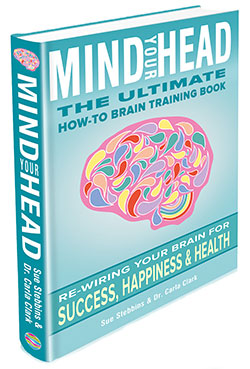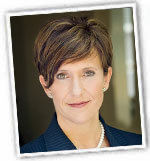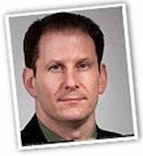Gut Reactions: A Perceptual Theory of Emotion
JESSE J. PRINZ
Page 3
This leads to a third difficulty. We frequently use emotions to explain kinds of actions that are not well explained in terms of the kinds of goals that we presumably would use to guide a choice. Such cases include post-functional actions. A person who is afraid may flee farther than he knows is necessary. Suppose that the following is a common kind of occurrence: a man fears snakes, knows the snake before him can move only slowly and only over short distances, but he flees a good ten meters from the snake. We explain this kind of behavior by saying the man was very afraid: if fear was in part composed of the motivation to flee, we can explain the flight beyond the satisfaction of any chosen goal because the flight motivation is itself active. But if flight is a choice that we make when afraid, fleeing too far from a dangerous thing seems an irrational and yet strangely common behavior. Similar kinds of actions can be identified for all the basic emotions (e.g., attacking with violence that exceeds that required to undo an offense). A related problem arises for the notion that emotions act as a commitment mechanism, a view proposed by Robert Frank and endorsed by Prinz (83ff). On this view, emotions override cognitive means-end reasoning to ensure certain kinds of commitments. Prinz argues that by adopting a noncognitive view of emotions he enables such a commitment mechanism; but if it turns out that the particular action taken is a choice, then the commitment can be undone between the emotion and the act. Prinz will need to explain how such choices are independent of means-end reasoning in a way that maintains commitment. It is far more parsimonious to propose some essential link between flight and fear, attack and anger, and so on: this can explain the formal objects of these basic emotions, their bodily changes, and the consequent emotional actions.
However, these are the observations of a partisan in the current emotion debate. Prinz's book provides a valuable perspective on the emotions by offering a compelling and surprisingly fecund defense of a view neglected in recent philosophy. Given the tendency of much recent research on the philosophy of emotions to revisit ad nauseum the same few debates with the same few responses, Prinz's book offers an exciting and refreshing new course. Gut Reactions should spawn needed debate about the views he offers, and may act as the locus in philosophy for a rebirth of the James-Lange theory.
.
We Make it Easy to Succeed
Successwaves, Intl.
Brain Based Accelerated Success Audios
 |






